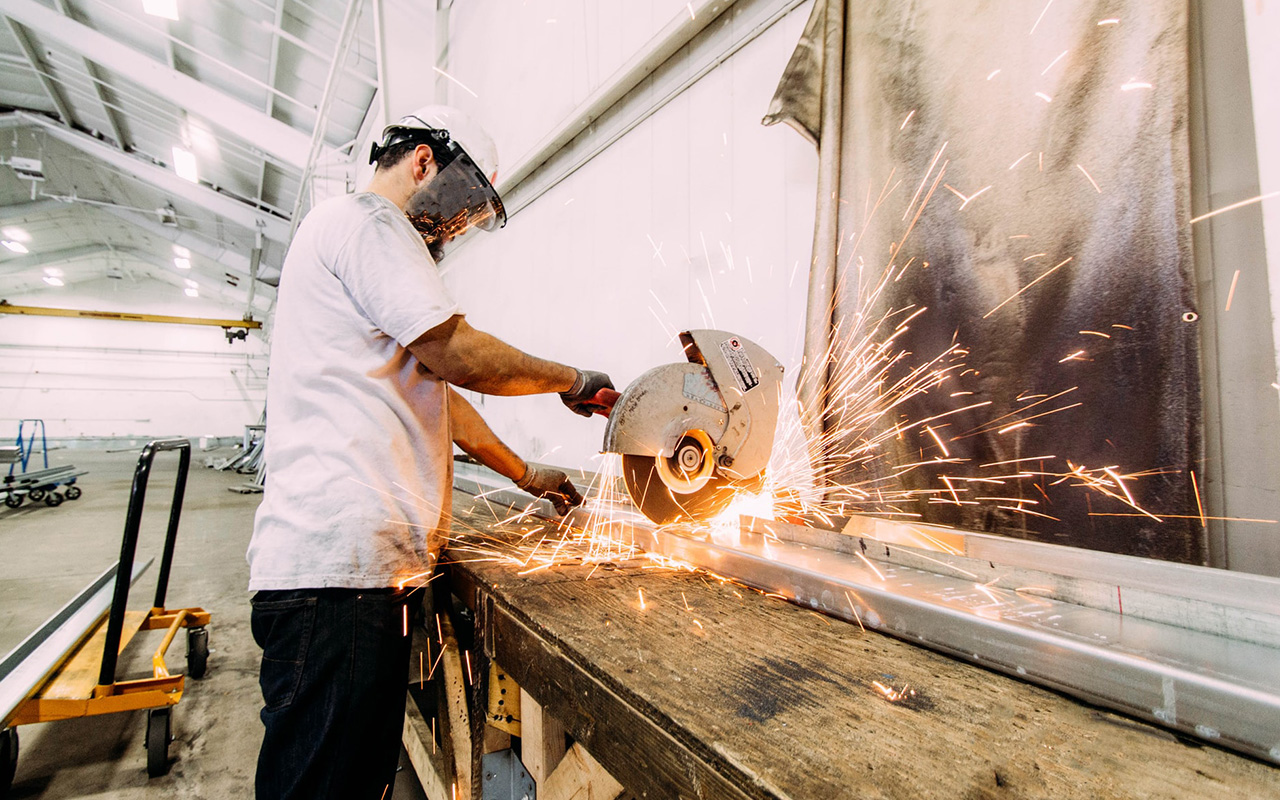Whether operating as a sole trader, partnerships or companies, a business within the mainstream construction sector must comply with the Construction Industry Scheme – also known as CIS. Apply for a CIS Tax Refund
Table of Contents
What is CIS?
It is a tax deduction scheme where tax is taken from the source of the payment, rather than from an income, which is what normally happens with PAYE. A contractor deducts money from a payment to be made to a sub-contractor and then pass it to HMRC. Deductions are treated as advance payment towards the tax and National Insurance of a sub-contractor.
When CIS does apply?
A contractor or sub-contractor falls under the CIS tax arrangement if he pays sub-contractors for construction work, or when a business spends an average of more than £1 million for a 3-year period of construction work. The same thing is true for anyone receiving payments under a construction contract and is self-employed. But CIS will only be eligible if a sub-contractor passes three tests, and then register with HRMC.
- Business Test. To satisfy the business test, a sub-contractor must carry out construction work in the UK, and operations must run mainly through a bank account.
- Turnover Test. To pass a turnover test, a sub-contractor must meet minimum limits on annual turnover. For example, at least £30,000 when operating as an individual/sole trader, and not less than lower £200,000 in a partnership.
- Compliance Test. This requires sub-contractors to comply with all tax obligations that apply to his particular situation within 12 months ending with the date of application. Each partner in a sub-contractor partnership, for instance, must have complied with all tax dues in relation to income or corporate tax, paid all NICs, or complied with legal obligations specified under the Companies Act.
CIS also applies even if your business is based outside the UK. As long as the construction work that you do is in the UK, you must use this taxation scheme. Related articles: Getting the full benefits of CIS Construction Workers Tax Refunds for 2017/18 Explained The Best Trades Recruitment Companies
What is the rate of CIS tax that will be deducted?
The amount depends on the registration status of a sub-contractor. If they pass all three qualifying tests, they are eligible to receive their gross payments.
- 30% tax rate is deducted from payments to a sub-contractor that does not register with HMRC. VAT charges made by a sub-contractor and on the cost of materials are excluded.
- 20% tax rate is deducted from payments to a sub-contractor that registers with HMRC, but is not eligible for gross payments. Rules on VAT exclusion still applies.
- 0% tax rate is deducted from payments to a subcontractor that registers with HMRC and is eligible for gross payments. The entire tax amount is only deducted from the annual tax return.
Among the three CIS options, the last scenario is the most beneficial for a sub-contractor, since he will receive payments in full with no deductions whatsoever. But he must first pass all three tests. Even if this is not the case, however, and a sub-contractor only passed one or two tests, registering with CIS through HMRC would still prove beneficial since tax deduction is only rated at 20%.
How does a subcontractor register for CIS?
Registration can be done through HMRC’s online tax registration service. Apart from standard information – company name, contact details, date of the first payday – unique taxpayer reference (UTR) and National Insurance (NI) number must be provided as well.
Apply for a CIS Tax Refund online
At www.taxback.co.uk we specialise in CIS Tax Refunds. To get more cash in the bank, you can apply for a CIS Tax Refund via our online form or email us at info@taxback.co.uk
Photo by Michael Browning on Unsplash

